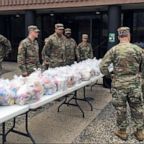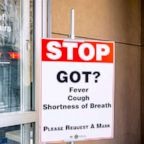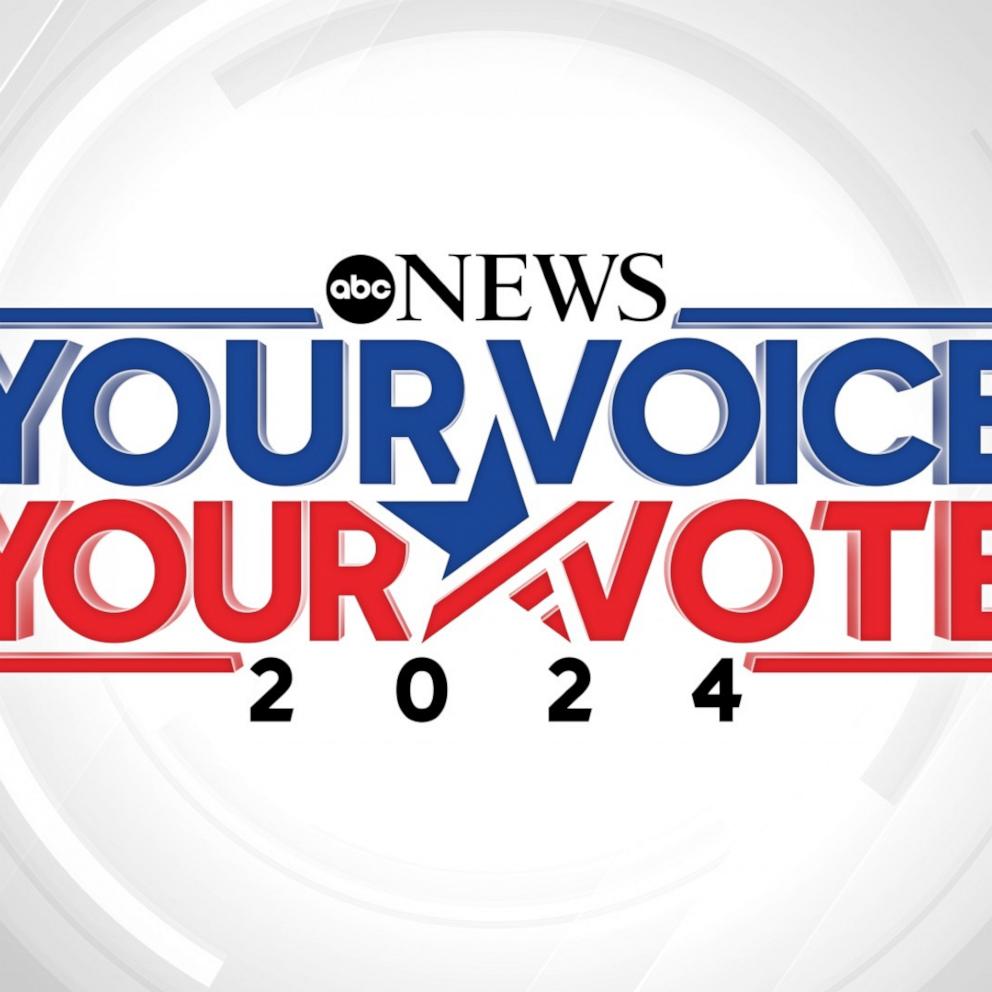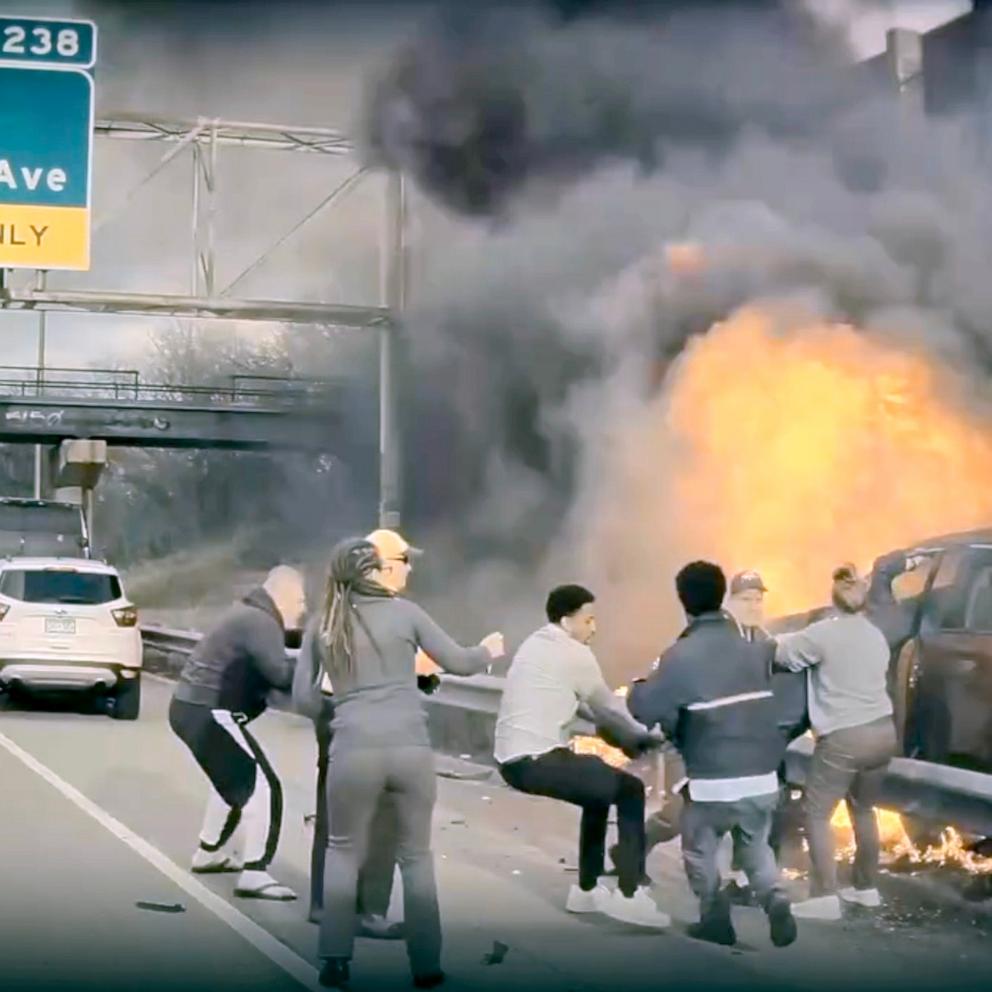Trump signed the Defense Production Act 'in case we need it.' But what is it?
President Donald Trump announced Wednesday he was signing the Defense Production Act immediately following a news conference in which he and members of the coronavirus task force announced new economic and public health steps in the government's response to COVID-19.
"We'll be invoking the Defense Production Act, just in case we need it," Trump said. "In other words -- I think you will know what it is -- and it can do a lot of good things if we need it, and we will have it all completed, signing it in just a little while, right after I'm finished with this conference. I'll be signing it."
He later clarified on Twitter that while he signed the act, he would only "invoke it in a worst case scenario in the future."
"Hopefully there will be no need, but we are all in this TOGETHER!," the president said in a tweet.
Tune into ABC at 1 p.m. ET and ABC News Live at 4 p.m. ET every weekday for special coverage of the novel coronavirus with the full ABC News team, including the latest news, context and analysis.
What is the Defense Production Act?
The Defense Production Act or DPA gives the president the power to direct civilian businesses to help meet orders for products necessary for the national defense.
The law is intended to help with the allocation of resources, products and facilities and essentially makes available several authorities to the president.
What authorities does it give the president?
The executive branch, under this law, can essentially dictate industry production and force companies to sign contracts telling them how to allocate materials.
The president can also impose wage and price controls, settle labor disputes and control consumer and real estate credit, among other authorities given by the law.
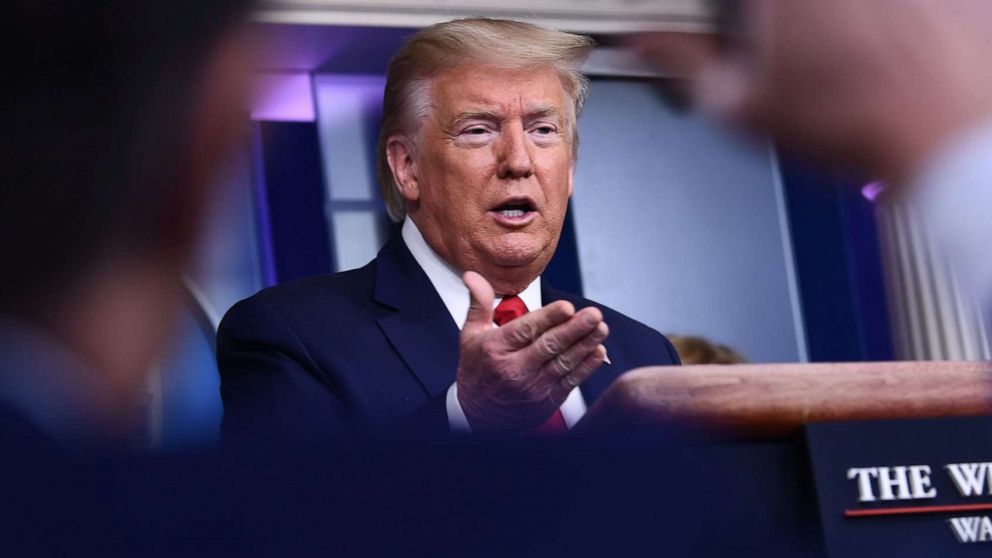
When was it enacted?
The DPA was passed during the Korean War in 1950, and it has been used sporadically since then.
"It was based on lessons learned by the U.S. in the early days of World War II when massive mobilization of industrial resources and control of raw materials was required," said Steve Ganyard, an ABC News contributor and former deputy assistant secretary of state.
President Harry Truman first used it as a legal means to enact control over the civilian economy during the war.
While Congress first passed the act as a response to the Korean War, it has gradually expanded the DPA's scope to include homeland security and domestic emergency management.
In 2017, the Federal Emergency Management Agency invoked Title I of the DPA to provide food and water to communities affected by hurricanes that year.
A year later, Trump floated the idea of invoking the act to bolster the American coal industry.
Trump has recently called the fight against the coronavirus a "war" against "an invisible enemy."
But, Ganyard said, "the economy of 1950 is very different from today’s, and this is not a physical war, for which this act was intended."
"I don’t see provisions that apply directly to this crisis, other than relief from anti-trust regulations, that would give presidential authorities Trump hasn’t exercised already," Ganyard added.
ABC News' Luis Martinez contributed to this report.
What to know about coronavirus:
- How it started and how to protect yourself: coronavirus explained
- What to do if you have symptoms: coronavirus symptoms
- Tracking the spread in the US and Worldwide: coronavirus map
